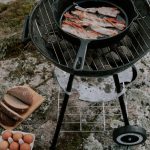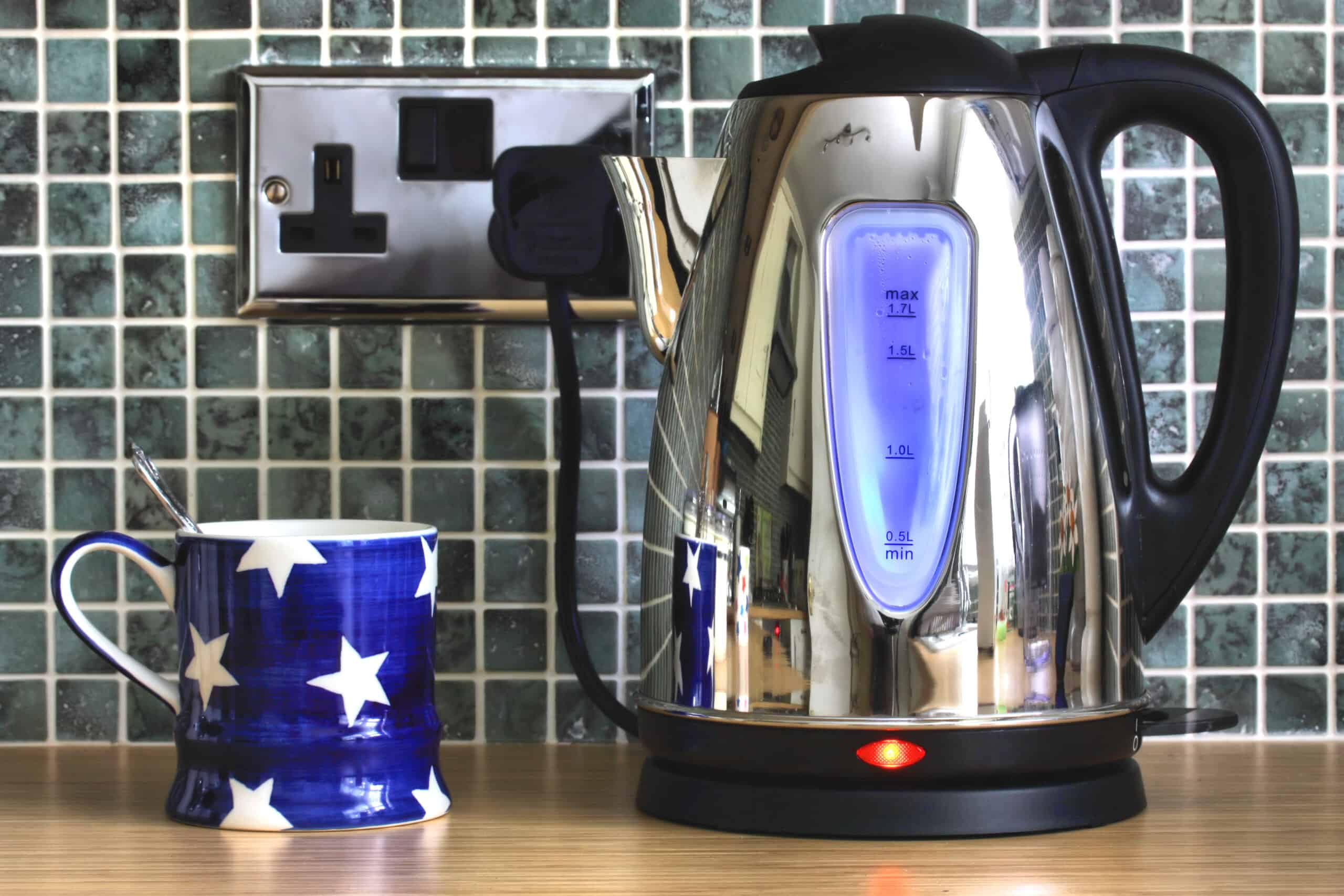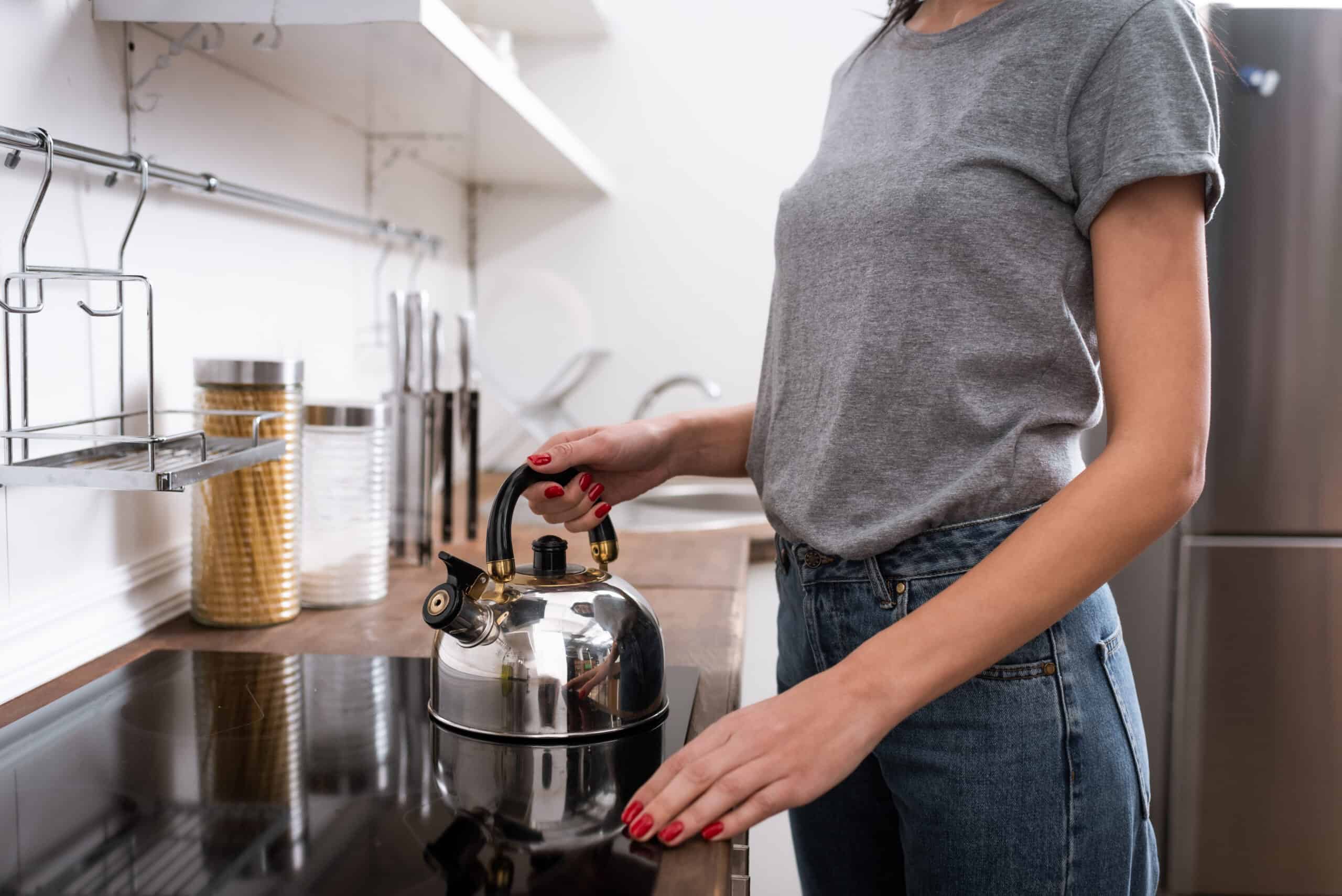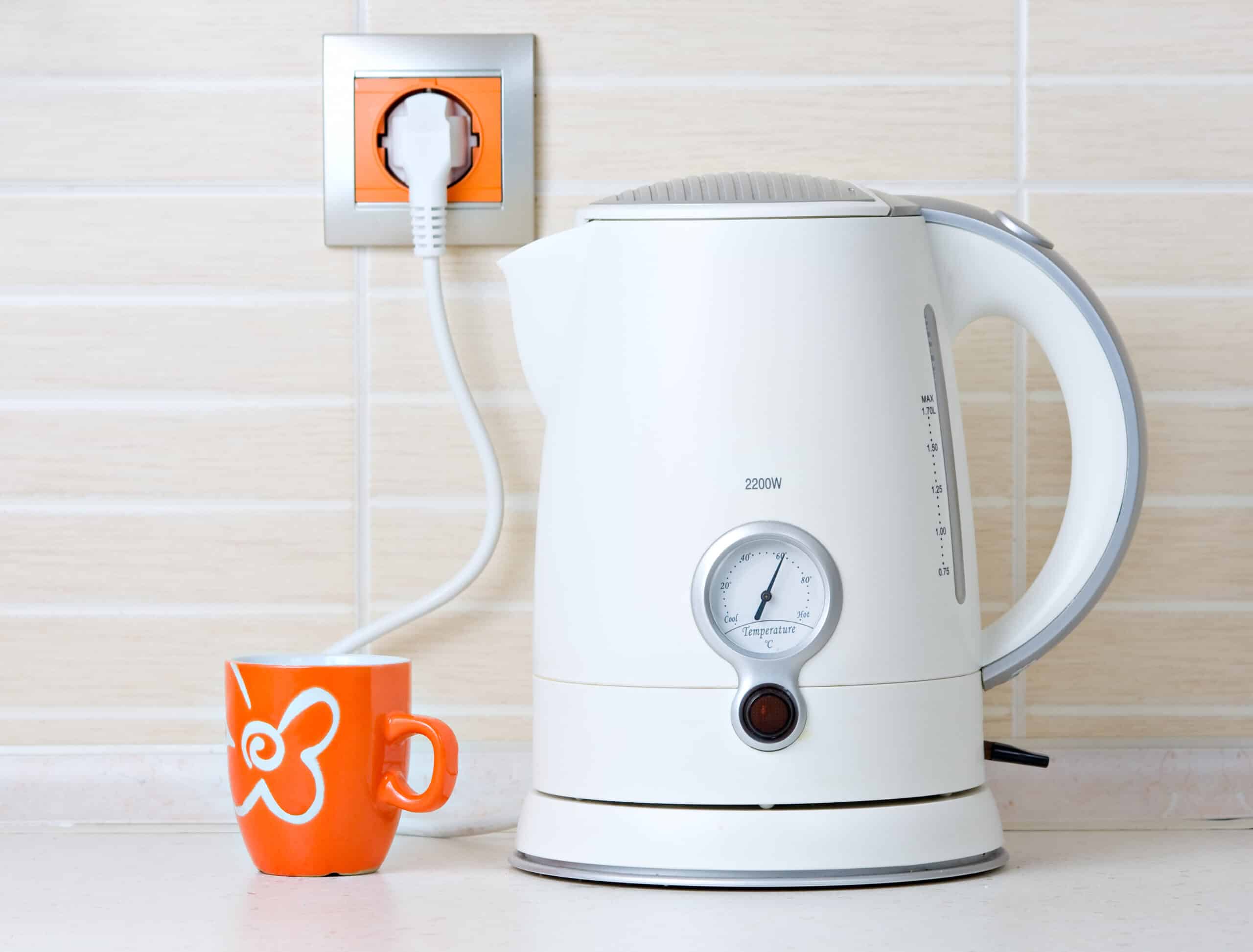Eggs are an inexpensive source of essential vitamins, minerals, and proteins for the human body. However, sometimes when you fry an egg, the egg white starts to burst, and on rare occasions, the egg explodes. Why does this happen?
The main reason eggs explode when frying is the formation of tiny air pockets between the egg’s yolk and white. These air bubbles burst when you fry the egg. If numerous air portions are of significant sizes, the egg will explode when exposed to high heat.
This article will discuss why the eggs explode when frying and what you can do to stop it. We will also look into flipping a fried egg and why do eggs blast in oil. Lastly, the article will go over how to avoid baking an egg while frying.

Why Do Eggs Explode When Frying?
The structure of an eggshell is a semipermeable membrane that permits moisture and air through its pores. Moreover, air spaces form when an egg cools down after being laid.
Sometimes, an egg traps more air in the egg white, increasing the size of the air spaces.
Eggs will explode when frying if the air in these pockets heats up and starts bursting out. If these air spaces have a large area, the energy released from the bursting will explode the egg into pieces.
Eggs tend to trap more air with time, and the air spaces in the eggs also grow more significantly as the egg ages.
- If you want to prevent your egg from exploding, then use a fresh egg. Fresh eggs have more robust membranes that resist the flow of air. However, with time the resistance declines.
Moreover, it would be best to fry your egg on low heat. Even with the air bubbles, slow heat will not allow the sudden change in the air pressure in the bubbles, and there will be less chance of a rupture.
Furthermore, if you observe air bubbles while frying the egg, use the end of your spatula to burst the bubbles. That will let the air out before it expands too much.
Do You Flip a Fried Egg?
You need to flip a fried egg if you make an over-easy, over-medium, and over-hard egg. The amount of time the egg is cooked on that side is based on which type of fried egg you’re cooking. However, when frying an egg sunny side up, there’s no need to flip the egg.
There are different varieties of fried eggs.
A sunny side up is when the egg is fried with its yolk up, and you do not need to flip the egg. You fry the egg until the egg white starts to set and the yolk is translucent and undercooked.
An over-easy is when the egg is fried with its yolk up, but you flip it at the end to sear the top as well. However, you fry the top side only for a few seconds so that the yolk remains runny.
For an over-medium fried egg, you have to sear the yolk until it is slightly runny. Thirty to forty-five seconds of searing should be enough.
Similarly, you have to fry until the yolk is hard if you want an over-hard fried egg. You will have to fry the flipped side for about two minutes to cook the egg thoroughly.
Check out this fried egg cooking masterclass video from YouTube.
Why Does Egg Blast in Oil?
Eggshells are permeable to air and water. When you boil an egg in water, the hot water transfers the heat into the shell and clots the proteins inside, and you get a boiled egg.
On the other hand, eggshells are not permeable to oil. Moreover, oil boils at a higher temperature than water.
An egg will blast in oil if the oil’s temperature is greater than 100°C (212°F). That is because, at that temperature, the water inside the egg will quickly turn into steam and exert pressure on the eggshell, causing it to blast.
Moreover, the egg white and yolk will come into contact with the hot oil, and the sudden expansion due to heat will cause the inside of the eggs to burst out as well.
- If you boil an egg in oil, having a temperature less than 100°C (212°F), the water inside the shell will not turn into steam, and the eggshell will not explode.
Even if you manage to boil an egg in the oil, you will find it challenging to peel the slippery shell of the egg. That is why it would be better if you did not put an egg in oil.
How To Keep Eggs From Breaking When Frying
When you are frying an egg, it will often break when you try to flip them. The trick is to know when to flip your egg to prevent it from falling to pieces.
The following steps will help you prevent an egg from breaking when frying;
- Use a nonstick pan: This is because you do not want your egg to stick to the pan when frying.
- Wait for the egg white to settle before flipping it: To help set the egg white adequately, add a few drops of water and cover the pan. That will create enough steam to cook the egg white perfectly.
- Flip the egg: Once the egg white looks a little firm, use your spatula to lift the sides of the egg until a significant portion of the egg lands on the spatula. Then, gently flip the egg without tossing it very high.
You can also flip your eggs without the help of a spatula, but it takes a lot of practice before you can perfectly flip an egg using the pan.
Another thing to remember is the temperature. Do not add your eggs to a hot pan because the egg white will boil and burst quickly.
Final Thoughts
Frying a perfect egg is relatively straightforward if you use the right cooking tool and the right temperature.
Always use fresh eggs for cooking. There is a greater chance of large air cells forming in older eggs because their size increases with time, increasing the chances of explosion.
- Fry your eggs at low heat and let the egg white cook properly before flipping the egg. It will prevent the egg from exploding as well as breaking.
Finally, It would be good not to put your eggs in oil because it will likely explode after a few seconds and cause you injury.
Sources
- Exploratorium: Anatomy of an Egg
- Sophisticated Gourmet: How to fry an Egg
- So Happy You Liked It: How To Make Over Easy, Medium, And Hard Eggs
- Let’s Eat: Why do eggs burst when frying?
- Quora: What happens if an egg is boiled with oil instead of water?
- Times Food: What will happen if you boil egg in oil?
- Quora: What happens if you deep fry an egg in its shell at 300 degrees?





